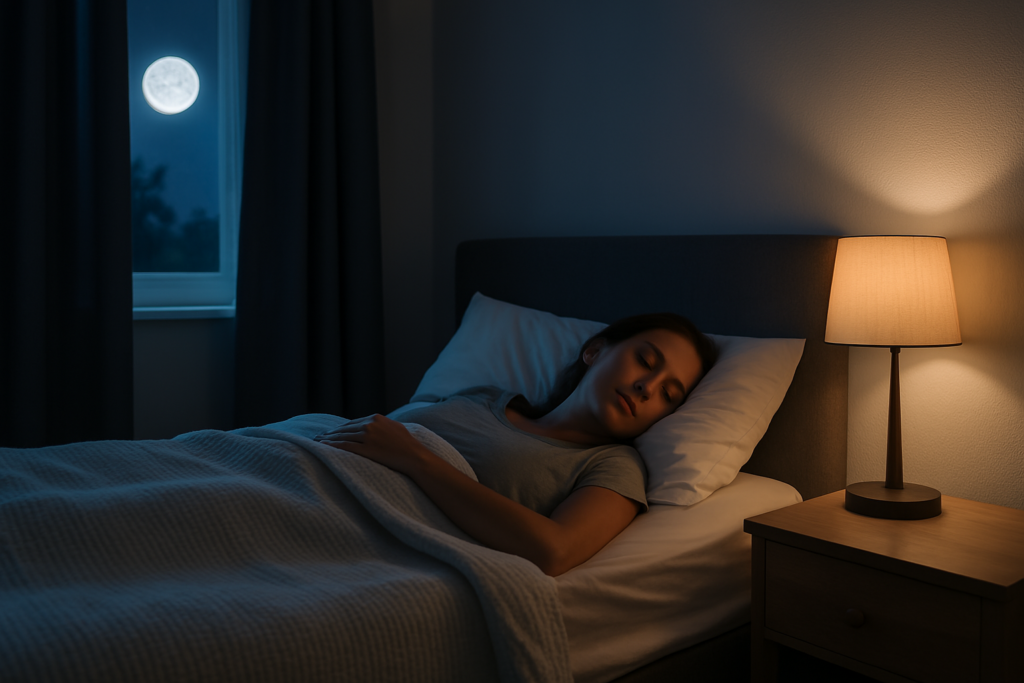
Getting quality sleep isn’t just about the number of hours you spend in bed—it’s about how restful those hours are. That’s where sleep hygiene comes in. Think of it as a collection of habits and routines that help your body and mind prepare for truly restorative rest. Whether you’re struggling to fall asleep, stay asleep, or wake up feeling refreshed, improving your sleep hygiene can make a big difference.
What Is Sleep Hygiene?
Sleep hygiene refers to the practices and environment that support healthy, restful sleep. It includes everything from your bedtime routine to the light in your room to the timing of your last cup of coffee. Like brushing your teeth or exercising, sleep hygiene is something you can build into your daily life—and the more consistent you are, the better your sleep will be.
Some basics of good sleep hygiene include maintaining a regular sleep schedule, creating a calming bedtime ritual, and keeping your bedroom cool, dark, and quiet. These small changes can have a big impact on how quickly you fall asleep and how well you stay asleep through the night.
Habits That Promote Better Sleep
Ready to improve your sleep hygiene? Start with these tried-and-true habits:
- Stick to a Schedule: Going to bed and waking up at the same time every day—even on weekends—helps regulate your body’s internal clock.
- Limit Screen Time: Blue light from phones, tablets, and TVs can interfere with your body’s production of melatonin, the hormone that signals it’s time to sleep. Try turning off screens at least 30–60 minutes before bed.
- Watch What You Eat and Drink: Caffeine and heavy meals too close to bedtime can disrupt sleep. Aim to finish eating at least two hours before turning in.
- Get Moving: Regular physical activity during the day can help you fall asleep faster at night—but avoid intense workouts right before bed.
- Wind Down: Create a calming pre-sleep routine like reading, meditating, or listening to soft music to signal to your brain that it’s time to relax.
Setting the Stage for Sleep
Your sleep environment plays a huge role in how well you rest. Start by making your bedroom a sleep-friendly zone:
- Keep It Cool: A room temperature between 60–67°F is generally best for sleep.
- Dim the Lights: Use blackout curtains or a sleep mask to block out light that might keep you awake.
- Minimize Noise: Try earplugs or a white noise machine to block out distractions.
- Choose Comfortable Bedding: A supportive mattress and cozy bedding can go a long way in helping you sleep better.
You might be surprised how a few tweaks to your space can improve your rest overnight.
Rest Is a Form of Self-Care
Improving your sleep hygiene isn’t just about feeling less groggy in the morning—it’s about giving your body and brain the care they need to function at their best. Sleep supports everything from your immune system to your memory, mood, and overall health. So if you’re looking to boost your wellness, start by getting better sleep.
Think of it this way: good sleep isn’t a luxury—it’s a necessity. And with the right habits in place, you can make restful nights your new normal.
